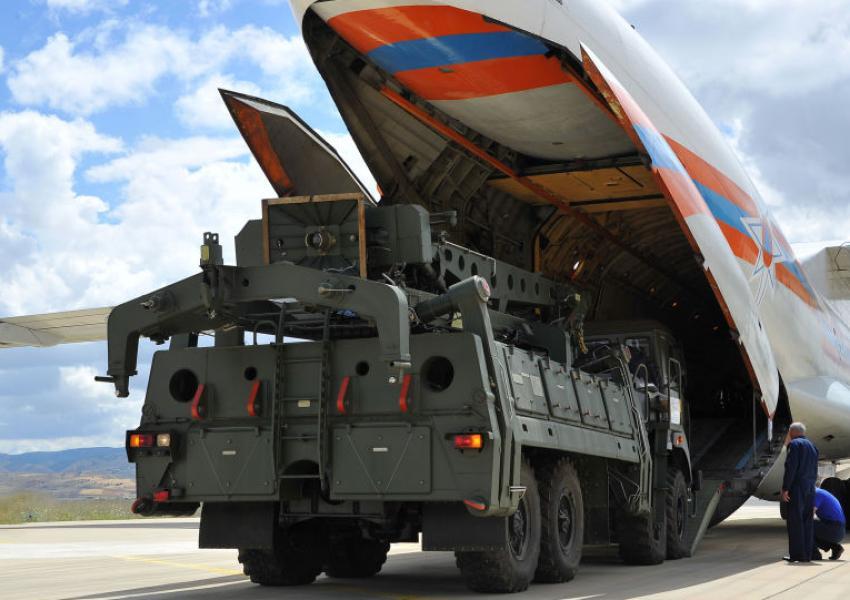
US To Slap Sanctions On Over Two Dozen Targets Tied To Iran Arms
Reuters - The United States on Monday will sanction more than two dozen people and entities involved in Iran's nuclear, missile and conventional arms programs, a senior U.S. official said, putting teeth behind U.N. sanctions on Tehran that Washington argues have resumed despite the opposition of allies and adversaries.
Speaking on the condition of anonymity, the official said Iran could have enough fissile material for a nuclear weapon by the end of the year and that Tehran has resumed long-range missile cooperation with nuclear-armed North Korea. He did not provide detailed evidence regarding either assertion.
The new sanctions fit into U.S. President Donald Trump's effort to limit Iran's regional influence and come a week after U.S.-brokered deals for the United Arab Emirates and Bahrain to normalize ties with Israel, pacts that may coalesce a wider coalition against Iran while appealing to pro-Israel U.S. voters ahead of the Nov. 3 election.
The new sanctions also put European allies, China and Russia on notice that while their inclination may be to ignore the U.S. drive to maintain the U.N. sanctions on Iran, companies based in their nations would feel the bite for violating them.
A major part of the new U.S. push is an executive order targeting those who buy or sell Iran conventional arms that was previously reported by Reuters and will also be unveiled by the Trump administration on Monday, the official said.
The Trump administration suspects Iran of seeking nuclear weapons - something Tehran denies - and Monday's punitive steps are the latest in a series seeking to stymie Iran's atomic program, which U.S. ally Israel views as an existential threat.
"Iran is clearly doing everything it can to keep in existence a virtual turnkey capability to get back into the weaponization business at a moment's notice should it choose to do so," the U.S. official told Reuters.
The official argued Iran wants a nuclear weapons capability and the means to deliver it despite the 2015 deal that sought to prevent this by restraining Iran's atomic program in return for access to the world market.








